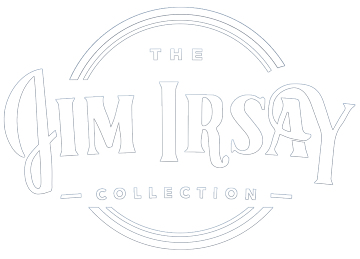1997 C.F. Martin & Co. D-42
This guitar was once played by Stephen Stills.
Stephen Stills (b. 1945) is an American guitarist, singer, and songwriter who was a member of Buffalo Springfield, Crosby Stills & Nash (later Crosby, Stills, Nash & Young), and Manassas. With Buffalo Springfield, Stills combined elements of folk, psychedelia, country, and rock to form the basis of the burgeoning folk rock genre of the 1960s. Stills wrote their most popular song, "For What It's Worth," which peaked at #7 on the Billboard Hot 100 chart and led to the band's commercial success.
After Buffalo Springfield broke up in 1968, Stills served as a session musician for Joni Mitchell before joining David Crosby (formerly of the Byrds) and Graham Nash (formerly of The Hollies) to form Crosby, Stills & Nash. Stills served as the primary songwriter, and after releasing Suite: Judy Blue Eyes (1969) the band recruited Stills' former Buffalo Springfield bandmate, Neil Young, to round out the band - becoming Crosby, Stills, Nash & Young (CSNY). As a foursome, the group recorded Déjà Vu (1970) before briefly breaking up - later reuniting on several tours.
Stills recorded two solo albums in 1970 and 1971, his first featuring performances by Jimi Hendrix and Eric Clapton. In 1971, he formed the supergroup Manassas, which released two albums before breaking up in 1973. Stills reunited again with Neil Young to form the Stills-Young Band, releasing Long May You Run (1976). Stills then embarked on a solo career that lasted well into the 21st century.
In 1997, Stills was inducted into the Rock and Roll Hall of Fame twice on the same night, as a member of Buffalo Springfield and for his work with Crosby, Stills & Nash.


























